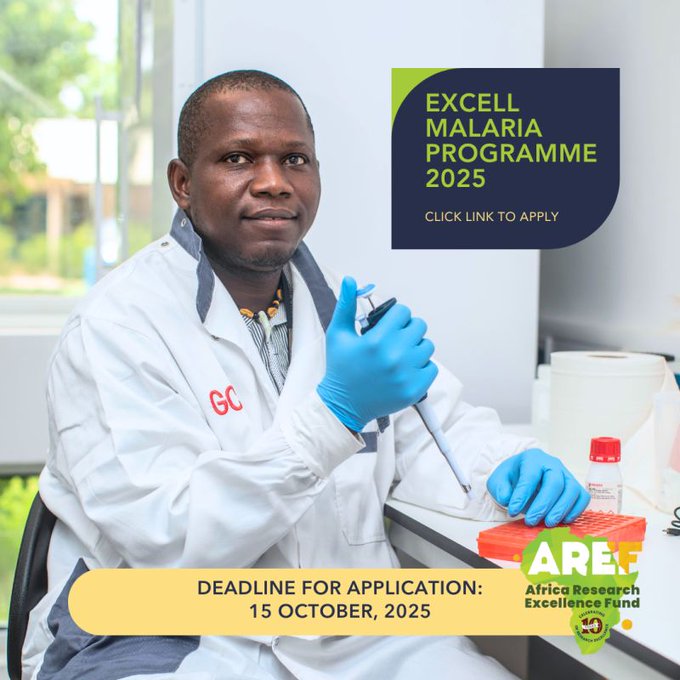
2023 William T. Grant Foundation Institutional Challenge Grant ( Grant up to $60,000)
Deadline: September 13, 2023.
The Institutional Challenge Grant supports university-based research institutes, schools, and centers in building sustained research-practice partnerships with public agencies or nonprofit organizations in order to reduce inequality in youth outcomes.
The grant requires that research institutions shift their policies and practices to value collaborative research. Institutions will also need to build the capacity of researchers to produce relevant work and the capacity of agency and nonprofit partners to use research.
ELIGIBILITY CRITERIA
Eligible research institutions
- The Foundation makes grants only to tax-exempt organizations. They do not make grants to individuals.
- Eligible organizations include university-based research institutes, schools, or centers. Institutions that sit outside of the academy, such as research organizations and think tanks, are not eligible.
- They encourage proposals from organizations that are under-represented among grantee institutions, including Historically Black Colleges and Universities (HBCUs), Hispanic-serving Institutions, Tribal Colleges and Universities (TCUs), Alaska Native-Serving Institutions, Native Hawaiian-Serving Institutions, and Asian American Native American Pacific Islander Serving Institutions (AANAPISIs).
Eligible principal investigators
- Eligible principal investigators are leaders at eligible research institutions. They have visibility, influence on institutional policies and practices, and access to the resources needed to optimize and implement the award. They also possess the skills needed to cultivate trusting relationships with leaders from the partner public agency or nonprofit organization and to ensure the conduct of high-quality research.
Eligible public agencies or nonprofit organizations
- Eligible public agencies include state or local agencies and their departments and divisions.
- Nonprofit, tax-exempt organizations are eligible if they are open to the general public and provide or coordinate services for youth ages 5 to 25 in the United States.
- Eligible agencies and organizations engage in work relevant to youth in the areas of education, justice, prevention of child abuse and neglect, foster care, mental health, immigration, or workforce development and have the resources needed to implement and optimize the award.
Eligible leaders from the public agency or nonprofit organization
- Eligible leaders from the public agency or nonprofit organization have the authority and influence required to successfully institutionalize the partnership and the use of research evidence in the agency or organization’s work.
Eligible partnerships
- They are most interested in supporting existing research-practice partnerships that will use the grant to continue learning and growing.
- While the competition is open to partnerships at different stages of maturity, the grant is intended to add significant value to what already exists. As a general guideline, the partnership should be far enough along to conduct the proposed work, but not so established that the grant adds little value to what is currently in place.
Eligible fellows
- All fellows must be mid-career. For researchers, we define mid-career as having received the terminal degree within 8 to 20 years of the date that the application is submitted. (This should be calculated by adding 8 and 20 years to the date the doctoral degree was conferred. For medicine, an institution should use the date from the completion of the first residency.)
- The research fellow does not need to be an employee of the research institution and can be recruited from another institution.
- Applicants may appoint one mid-career fellow from the public agency or nonprofit organization. (All other fellows must be researchers). This should be a mid-career professional at the agency or organization who will be called on to facilitate the use of research. A mid-career professional has 8 to 20 years of cumulative experience in his/her current role.
BENEFITS/GRANT
The award will provide $650,000 over three years. This includes:
- Up to $60,000 for up to 9 months of joint planning activities (e.g., refining protocols for partnering, selecting fellows, finalizing partnership and data sharing agreements, etc.).
- Funding for two years of a full-time equivalent fellowship. In addition, universities are required to fund one additional year of a full-time equivalent fellowship.Fellowships may be allocated in different ways, for example, by appointing one individual fellow for three years, or three different fellows each for one year, or six half-time fellows for one year each, etc. The minimum appointment level for a fellow is half-time for half of one year.
- Up to three years of support for the partnership to conduct and use research to reduce inequality in youth outcomes.
- Resources to advance the proposed institutional shifts and capacities of both partners.
- Indirect cost allowance of up to 15 percent of total direct costs.



